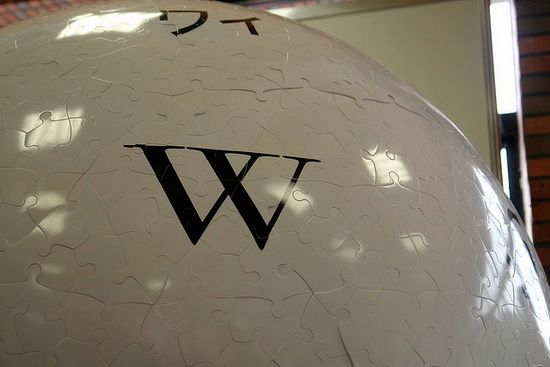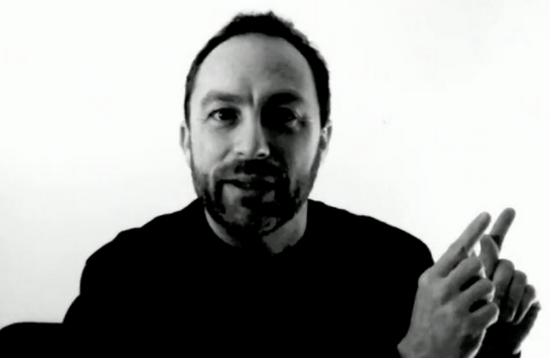Is Wikipedia Really Free?

Wikipedia has always been on the receiving end from analysts about their fundraising. Every once in awhile you will go onto their site and find an 'urgent appeal' from founder Jimmy Wales, or one of the staff members. They will ask for donations to help keep the content free, though the choice to give money is always in the hands of the user.
This has sparked a bit of debate on whether or not you can really define Wikipedia as being 'free'. But it all comes down to what that freedom really entails, and what the alternative would be if they were to stop asking for donations.
The Critics

Many articles have been made by analysts and bloggers who say the same thing: Wikipedia needs to stop asking for donations. Stephen Chapman of ZDNet wrote a great piece on it back in 2011. In that post, he claims that Wikipedia is only truly free to those who choose not to donate their money. A point that is true enough, though it could be argued that nothing is forcing users to give up their earnings to keep the place running.
What is his suggested alternative? That Wikipedia should start running ads to generate revenue, something that could still leave donations open for anyone who might be looking to contribute, but would not directly ask for it. It would effectively out an end to the often ignored, occasional banner run on the top during fundraising season.
But Jimmy Wales has been very open about his opinion about this:
"Commerce is fine. Advertising is not evil. But it doesn't belong here. Not in Wikipedia.
Wikipedia is something special. It is like a library or a public park. It is like a temple for the mind. It is a place we can all go to think, to learn, to share our knowledge with others.
When I founded Wikipedia, I could have made it into a for-profit company with advertising banners, but I decided to do something different. We've worked hard over the years to keep it lean and tight. We fulfill our mission, and leave waste to others."
Chapman points out that there is nothing wrong with advertising. But that isn't the point...it is less about the money, and more about the definition of 'free' in the context of Wikipedia's open source format.
Why 'Free' Isn't About Cash

At the heart of it, Wikipedia is a place run by users. The staff is a central point for its bigger tasks, but day to day contribution, cultivation and moderation are handled by those who have given their time without financial compensation. Anyone is free to edit or create articles, crowdsourcing the task in an attempt to self-moderate accuracy and thoroughness.
In this way, and in the way that it is free of sponsored bias, Wikipedia is free. Like Wales states above, it is meant to be a public service and domain. Everything they have done has been to keep this status alive, and users tend to appreciate it.
The criticism about asking for donations has always seemed a little silly to me. Plenty of services ask for money annually. Some of my favorite local radio stations do it, PBS does it...it is just a part of the landscape of the format. Why should Wikipedia be any different? Is it really worth getting annoyed by the banners sometimes popping up at the top of the page? I would find ads much more aggravating, not to mention cheap.
I admire Wikipedia's refusal to use ads for profit generation. But what do you think? Let us know in the comments.
 Ann Smarty
Ann Smarty  Apr 19, 2013 at 2:36 PM in
Apr 19, 2013 at 2:36 PM in  TekSocial Review tagged
TekSocial Review tagged  News,
News,  free apps,
free apps,  money,
money,  wikipedia
wikipedia 




Reader Comments